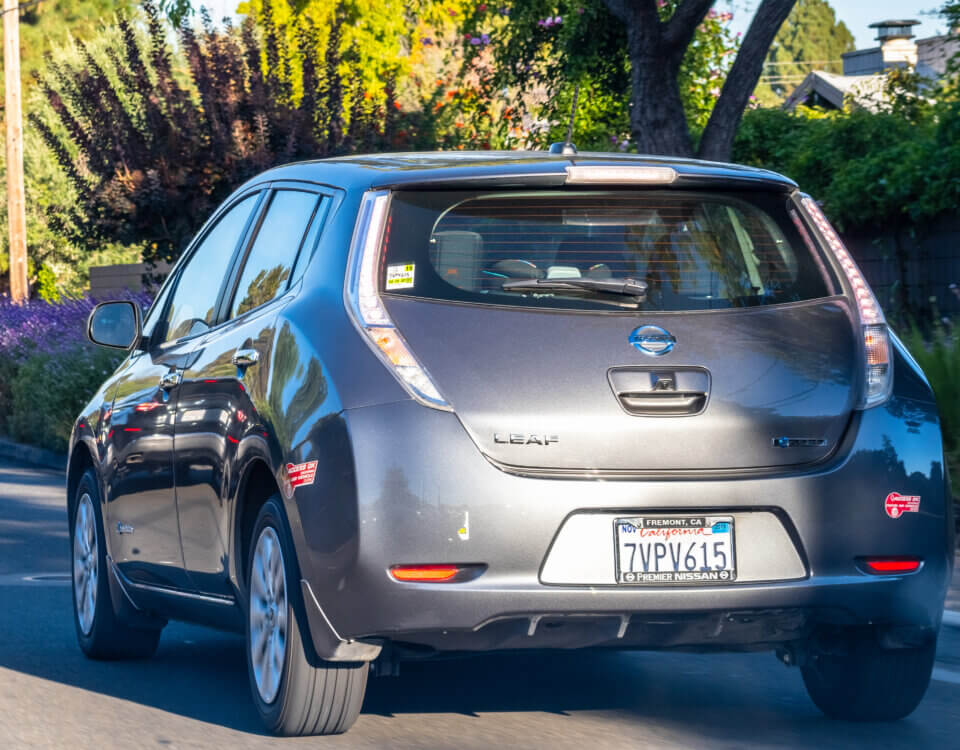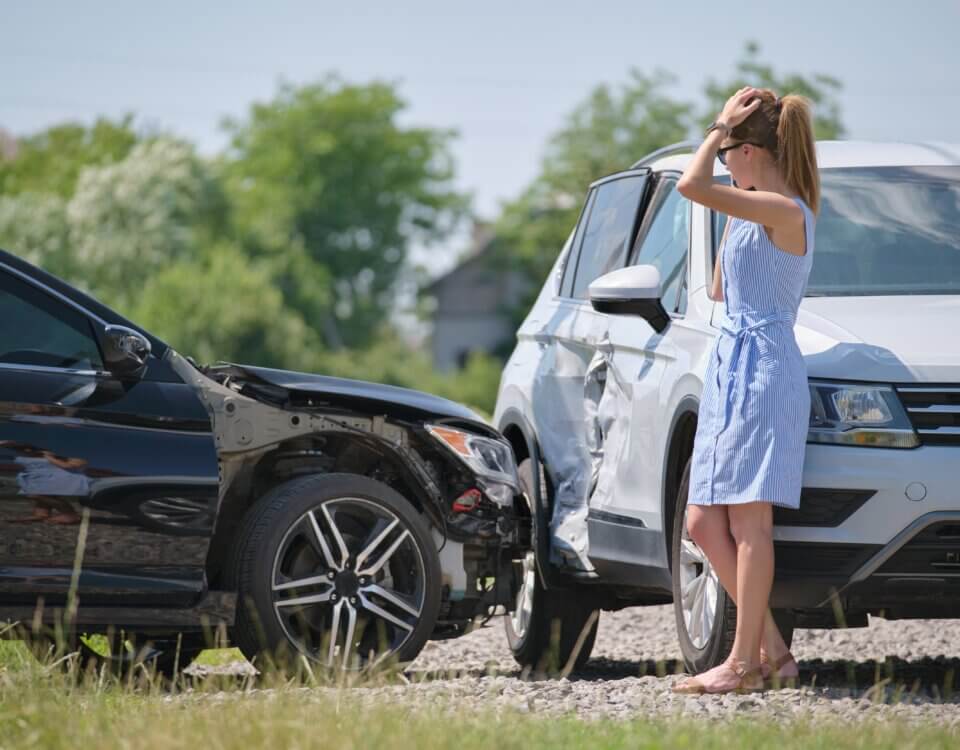Everything happens quickly in an automobile accident. Shock, adrenaline, worry about injuries, and the urgent need to understand what happened are all present. It is easy to make choices in those initial moments that seem harmless but may harm your ability to seek fair compensation. As personal injury lawyers we have seen how small errors can turn into major legal obstacles. Below are the five biggest legal mistakes people often make after a car crash and tips on how to avoid them.
1. Not Calling the Police or Filing an Official Report
Many skip calling law enforcement, especially if the accident seems minor or the other driver suggests handling it privately. Without a police report you may be stuck relying only on your version of events. Later the other party might deny their role or try to shift blame. What to do instead:
- Always call the police even for what seems like a minor collision.
- Make sure the responding officer files a formal report and get the report number.
- If the police do not respond (for example in private property crashes) file a report in person or online with the DMV if required.
- In California you must report to the DMV within ten days if the crash caused injury or more than one thousand dollars in property damage.
2. Saying “I’m Sorry” or Anything That Sounds Like an Admission
It’s natural to be polite or express remorse. However saying “I’m sorry,” “It was my fault,” or similar statements may be treated as admitting responsibility. Insurance companies often use such phrases against claimants. What to do instead:
- Remain calm, polite, and cooperative but avoid admitting blame or speculating about what happened.
- Stick to the facts of what you know. For example say what you saw, what you did, what the traffic signals or positions were, not what you assume.
3. Delaying Medical Treatment or Ignoring Injuries
Some people do not feel symptoms immediately because of shock or adrenaline. Others minimize symptoms thinking they will go away. Insurance companies may argue that delayed treatment means the injuries were not serious or not caused by the crash. What to do instead:
- Seek medical evaluation right away, even if symptoms are mild.
- Be honest about all symptoms even those that seem minor such as stiffness, dizziness, or soreness.
- Keep a detailed treatment record including follow up visits, therapies, imaging studies, and any referrals.
4. Giving a Recorded Statement to the Other Driver’s Insurance
Often insurance adjusters will ask for your side of the story in a recorded statement. This seems harmless, but what you say can later be used to reduce or deny your claim. You are not obligated to give a recorded statement. What to do instead:
- Politely decline recorded interviews until you have spoken with a lawyer.
- Let your attorney handle communications with insurance companies.
- Be mindful of casual statements which can be misconstrued or used out of context.
5. Settling Too Quickly Without Knowing the Full Value of Your Claim
Insurance companies often offer fast payouts hoping people will accept before the full extent of their injuries and costs are known. Once you sign a release or settlement you typically give up the right to ask for more later even if your condition worsens. What to do instead:
- Never accept a settlement without consulting an experienced personal injury attorney.
- Understand that your case value includes current and future medical costs, lost income, pain and suffering, and other losses.
- Make sure you know all your damages before agreeing to any settlement.
Bonus Mistake: Not Talking to an Attorney Early Enough
Even if you believe the accident is small you may benefit from legal advice early. Waiting too long may lead to lost evidence, statements made that hurt your case, and insurance companies building defenses. Early consultation helps avoid mistakes and protect your rights.
Final Thought: What You Do in the First 72 Hours Matters
What you do immediately after an accident can affect your claim for much longer. Avoiding common mistakes improves your chance of fair treatment. If you are unsure what to do next contact us at Hillstone Law. We can help you preserve your rights gather evidence and move forward with confidence.
Note: These blog posts are created solely for the use of Hillstone Law. The information is gathered from internet research, publicly available sources, and artificial intelligence (AI) tools such as ChatGPT. While we aim to share helpful and educational content, Hillstone Law does not independently verify every detail. Some information may be incomplete, outdated, or subject to change without notice. If you believe any part of a post is inaccurate, misleading, or infringes upon copyright, please contact Hillstone Law immediately so we can review it and take appropriate action, including correction or removal.
Disclaimer: The material provided in these blogs is for general informational purposes only and should not be considered legal advice. Reading these posts does not create, and is not intended to create, an attorney-client relationship with Hillstone Law. Our intent is to share knowledge, raise awareness, and provide helpful resources to the public; however, Hillstone Law makes no warranties or guarantees about the accuracy, completeness, or reliability of the information provided, and expressly disclaims liability for any actions taken in reliance on it. The photos used in these posts are for illustrative purposes only and do not depict actual clients, individuals, or incidents unless expressly stated. If you or a loved one has been injured in an accident, please contact Hillstone Law at (855) 691-1691. Our attorneys are available to answer your legal questions and help you understand your rights.








